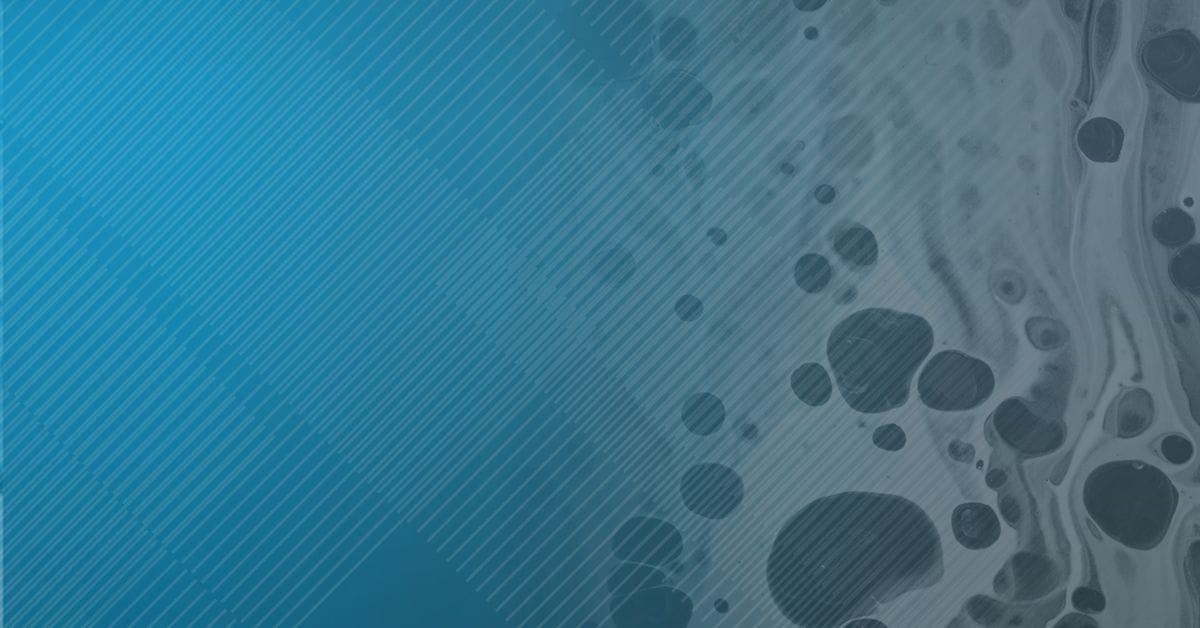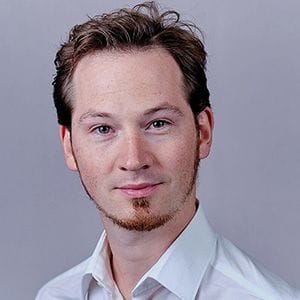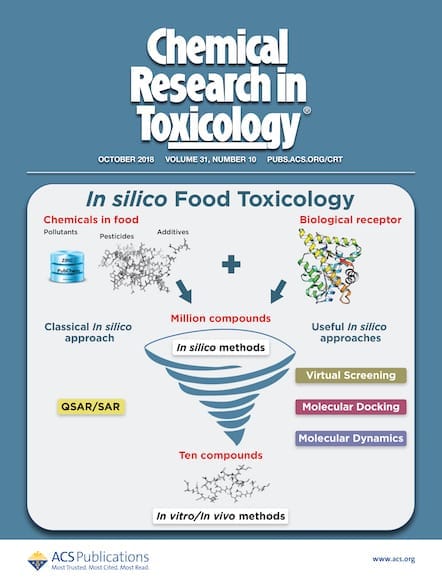In this interview, Prof. Warth discusses what inspired him to pursue a career in chemistry, exciting advances in his field, and what's next for his research.

Chemical Research in Toxicology and the ACS Division of Chemical Toxicology are thrilled to announce Professor Benedikt Warth, Universität Wien, Austria, as the winner of the 2025 Chemical Research in Toxicology Young Investigator Award. This award honors the contributions of an early-career individual who has had a major impact on research in chemical toxicology or a related field.
Prof. Warth will lead a half-day conference session as part of the ACS Division of Chemical Toxicology program at the ACS Fall 2025 National Meeting in Washington, DC, USA. The session will include a lecture by Prof. Warth and scientific presentations by his choice of speakers. He will also receive an award plaque, honorarium, and funding to attend and present at the 2025 ACS Fall National Meeting.
Selection Committee Note:
The 2025 CRT Young Investigator Award recognizes Dr. Benedikt Warth for his outstanding contributions to research at the intersection of chemistry and toxicology in the area of metabolomics, particularly involving developing original methods and realizing impactful applications. Among a highly competitive group of nominees, Dr. Warth stood out for his scientific excellence, high productivity, and environmental and health relevance, making him an emerging leader in the field—qualities that align closely with the award’s core criteria. We congratulate Dr. Warth and thank all nominees for their exceptional submissions.
Read our interview with Prof. Warth below.

What inspired you to pursue your particular area of research?
Finding out what chemical exposures may make us sick in the long-term and how to possibly prevent them in the first place. Also: Finding out how our awesome body deals with contaminants and pollutants through the different (metabolic) detoxification systems.
What’s next for your research?
We are already very good at measuring a high number of extremely diverse toxicants simultaneously in our blood or urine.
Next, we need to make the assays for capturing the exposome faster, cheaper, and better. With better I mean mostly more robust so that we can generate high-quality mass spec data for a couple of thousand injections without severe shifts in sensitivity or analyte retention. And we need to better benchmark our data so that others can re-use it effectively.
Our most exciting project right now aims at deciphering the breast cancer exposome. We intend to link environmental exposure (“exposome”) in women before the onset of the disease with metabolomic effect markers. Within this project, we will test the feasibility of our new LC-MS methods.
What do you consider to be the most important advances in your field in the past five years?
Increased sensitivity and the merging targeted and non-targeted data acquisition. By this new approach, we are able to combine high sensitivity and quantitative data with discovery-driven agnostic non-targeted analysis.
Could you briefly tell us about your upcoming talk at ACS Fall 2025 and the other speakers in your symposium?
Our session will focus on mass spec-powered research in toxicology and exposomics. My talk will discuss cutting-edge exposomic approaches for assessing toxicant exposure and effect in breast cancer research.
We have fantastic speakers that you don’t want to miss: Yunjia Lai from the Columbia School of Public Health will talk about functional exposomics in Parkinson’s disease, Haoqi Zhao (UCSD) will cover an MS/MS library of drugs and metabolites, and Mingliang Fang (Fudan) will present on how to identify active chemicals in environmental and biological mixtures.
If you weren’t a chemist working in toxicology, what would you like to be?
When I was in high school most people expected that I will follow my passion for pursuing music or ecology also professionally. Fortunately—from today’s perspective—I chose the combination of chemistry, toxicology, and food safety, combined into the new field of exposomics. I imagine that with a bit more talent, being a professional guitarist, darts player or professional motorsport racer would be fun too. However, probably only for a month or two, then I would miss the lab too much.
